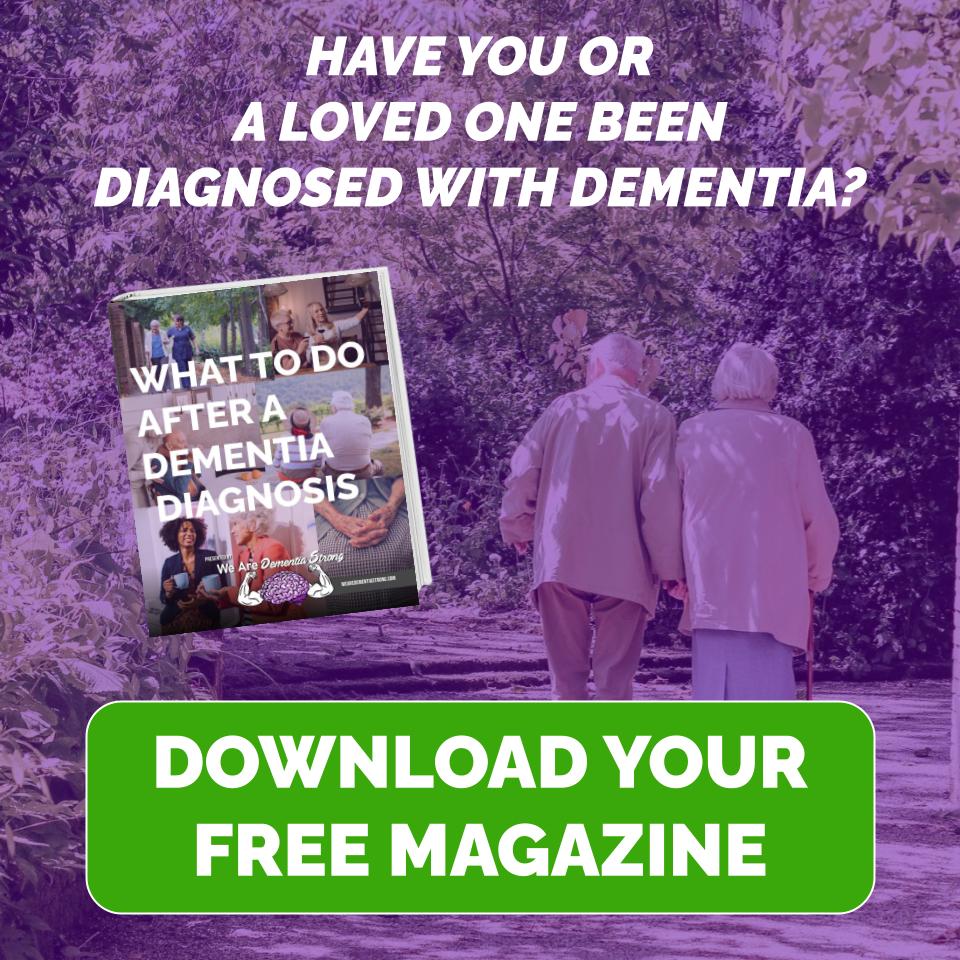Early Onset Dementia: Mom Keeps Forgetting My Name
Your mother readies for the day one morning. You’ve just enjoyed a delicious breakfast. The comforting smell of maple syrup and pancakes lingers in the air, welcome as a family friend.
You’re both excited for a day of, let’s say, perusing yard sales. Your annual spring outing, rooted in tradition and love, is more about spending quality time together than finding little treasures.
Then something happens that’s not so familiar. Mom calls you in the room. “Sarah,” she says, “have you seen my gold bracelet?”
You walk to her room, confused. Your name’s Rebecca, and she’s wearing the bracelet. You’re visibly taken aback as you explain what it seems she should already know. Your mother may even laugh it off. “Oh, silly me,” she says, noticing the bracelet and gesturing toward a few strands of graying hair, as if to justify a “senior moment.”
She’s only in her late 40s. Isn’t it too early for dementia? Forgetfulness happens sometimes to even the healthiest, most cognizant people advancing in years. But Sarah? The bracelet? Something in your mother’s memory slipped, if only for a moment.
The simple answer is, no, it’s not too early. Early onset dementia symptoms may begin in a person’s 40s — or younger. It affects approximately 200,000 of the 6 million Americans living with Alzheimer’s or dementia today.
You See Symptoms of Early Onset Dementia. What’s Next?
With time, instances like these may grow more frequent. Your loved one misplaces your name. His or her day-to-day and minute-to-minute memories begin to draw back with time. Your natural instinct may be to worry, to correct, to fight against the progression of regression in hopes their memories regain their once-strong foothold.
But a great care plan should allow some personal space, perspective and understanding. Here are some strong first steps:
Begin With a Comprehensive Medical Evaluation for Younger Dementia
Self-diagnosis, or a diagnosis by close family and friends, often works contrary to care goals. There are more than 400 different types of dementia. Each has its own definitive characteristics and speed. What’s more, dementia affects each individual differently. Each requires its own special style of care.
You know your loved one well. Memory lapses, slips in reasoning and judgment, and other behavioral and physical changes — especially early in life — may be uncharacteristic. You should first seek the professional opinion of a primary care physician or neurologist. Comprehensive tests can understandably be scary or overwhelming. They typically include a medical exam, cognitive tests, brain imaging and other diagnostics. From these, a doctor has a clearer picture of symptoms and potential causes.
You may learn there’s no medical reason for forgetfulness. A busy mind filled shuffling stressors of work, family and everyday life can be forgiven for missing a beat occasionally. After all, many of those in the average 40-to-55 age range for early onset dementia are at a life stage when work and family responsibilities are most demanding. They’re often reaching the pinnacle of careers, while some also balance being care partners for elders themselves while guiding children through high school and college.
If tests do, however, uncover signs of dementia, you’ll be informed to address those specific symptoms and plan for the future.
Build a Person-Focused Life Care Plan
Early onset dementia still merits a life worth living. Changes in memory over time should have little impact on a person doing the things they love. For many years to come, they may enjoy family meals, hobbies, attending the kids’ concerts and sports events, and everything of the sort.
A life care plan simply spells out how important details will be addressed, as needed. It’s a living, breathing document. Once in writing, it can be updated to include new wishes or care directives. It defines, organizes, prioritizes and mobilizes every aspect of an elder’s care from life through death. These elements may include:
- Medical care coordination
- Financial decision-making
- Care partner education
- Care advocacy
- Support services
- & More
My life partner/care partner, Brian, who lives with Alzheimer’s and vascular dementia, has a wonderful life care plan. It includes everything from enjoying music to donating his brain to science and vital organs for others to live on. It’s about enjoying life’s simple pleasures and helping others after he’s gone.
A life care plan should be person focused. Brian often discusses losing 30 pounds post-diagnosis — only because he would sometimes forget to eat. That’s a pain point, and it may require only a gentle reminder from a care partner about meal times. But a good plan is not only about preparing for and reacting to crises. It should emphasize the development of ongoing relationships with loved ones.
Remember, you’re caring for (and alongside) the person, not the illness.
Build Your Care Partner Team
We prefer the term “care partner.” The term “caregiver” or “care provider” implies a one-way transaction — a person providing the care. Words matter. Even linguistically, the perception of this one-way street disempowers the individual, empowering only the medical professionals and family/friends “seeing to” their care.
Their voice matters!
It’s a partnership between two (or more) people and characterized by mutual cooperation and joint responsibilities. An elder may choose their son, daughter, nephew, neighbor, best friend, doctor, third-cousin-twice-removed, or any other combination for a journey that requires support for everyone involved.
Just as your elder may require help drawing a bath or cooking meals, their care partners may need resources in coordinating activities. A great team has well-defined roles. Perhaps a husband or wife does mealtime, while one of the children does laundry, and a sibling organizes a fun group activity for everyone to enjoy.
Or maybe someone does it all!
There are no strict rules for what a care partner team does or should do. Everyone cooperates for a life worth living!
We Are #DementiaStrong
The path ahead will be hard. But nothing good in life is easy. Just know We Are #DementiaStrong. Let’s work together to make a plan for memory loss while cherishing the memories that remain.
Knowing where you and your loved one stand is the first step to creating a plan for the road ahead. For these decisions and more, Caregiver Support and Resources, LLC helps you to build a plan for today and tomorrow.



